Theatre Review: 'Ikhtiyar' at Sindh Theatre Festival
Theatre Review: 'Ikhtiyar' at Sindh Theatre Festival
Written by: Subboh Jaffery
Kashif Hussain as Meesum and Hajra Yamin as his wife
The second edition of the Sindh Theatre Festival, a joint effort of the Cultural Department, Government of Sindh and the Arts Council, kicked off on the 2nd of November, 2018. The inauguration ceremony at the Arts Council was attended by a huge audience, including the President of the Arts Council, Mohammad Ahmed Shah, and the Secretary Culture Sindh, Ghulam Akbar Laghari.
The festival features a total of 20 stage plays, with 10 in Urdu and 10 in Sindhi. The list includes some well-known productions, such as Dawar Mehmood’s Kyun Nikala written by Anwar Maqsood, Khawaja Moinuddin’s infamous Taleem-e-Balighan directed by Farhan Alam, and Naql-e-Makani written by Rajinder Singh Bedi and directed by Umair Ali Bhutto. I took the opportunity to catch the play, Ikhtiyar, written by NAPA’s infamous, Meesam Naqvi. The play was directed by Zain Ahmed, another accomplished artiste from NAPA, who has taught some of NAPA’s finest actors and directors, including Meesam Naqvi himself.
The director thoughtfully gave a disclaimer before the start of play, saying that it features topics that might be a bit hard to digest for the audience. The story revolves around the life of an actor, Meesum, and is set against a backdrop of sectarian violence. Since the writer’s name is Meesam as well, one may speculate that the play is self-referential, but this was never clarified. In the play, Meesum is a married man, who has a shaky relationship with God. The wife, who is not named throughout the course of the play, is shown as an emotionally disturbed character. At the start of the play, they go through the devastating experience of having a stillborn child. While they seem to have moved on, it actually affects their everyday life and their relationship. Meesum blames, questions, and refuses to forgive God. His wife is in emotional pain, because she’s being blamed for the miscarriage by society, and her husband isn’t helping her cope with it. Since the couple belongs to the Shia sect, they are also subjected to religious discrimination. The play maneuvers through this complicated story, and comes to a conclusion that left me with mixed emotions.
As you’ve probably gathered by now, the play is an intense and an emotional roller-coaster ride. It’s also a very brave attempt by Meesam and Zain, since it touches upon some deep-rooted issues of our society, which need to be openly discussed. The play creates awareness about the lives of minorities in Pakistan, touching upon how religion is exploited for spreading intolerance. It highlights the mistreatment of a particular sect; how they spend their lives in fear, and feel the need to stick together in order to feel safe. It further goes on to talk about women’s rights; the role of the wife in the family unit, issues of inequality and lack of decision-making power. It discusses how women are expected to live up to the standards set for them, even at the cost of their own emotional and physical well being.
While all actors did justice to their roles, Kashif Hussain as Meesum, outshone them all. He’s one of the most talented actors I’ve seen on stage. He had completely internalized the very complicated character of Meesum, perfectly presenting the emotional wreck he has become. Towards the end, when Meesum has a breakdown, Kashif acted brilliantly and left me with goose bumps. His voice control and body language was nothing short of excellent.
Furthermore, given that this was a complicated story, the dialogues must have been a challenge to write. But from the one-word dialogues to the monologues, every line of the script was apt and eloquent, as well as beautifully delivered. Kudos to Meesam Naqvi, for writing such a complex narrative, in such a touching manner.
The efforts of the Arts Council and the Sindh Government must be appreciated for putting up this terrific festival, and giving these artists a platform to showcase their work. A small group of people in Karachi regularly attend theatre performances, to the point where I’ve started recognizing people in the audience, but I’m hopeful that this community will grow. The timing of the festival couldn’t have been better, as this was exactly the message of peace we needed.
The festival carries on till 18th November, 2018 at Arts Council, Karachi.


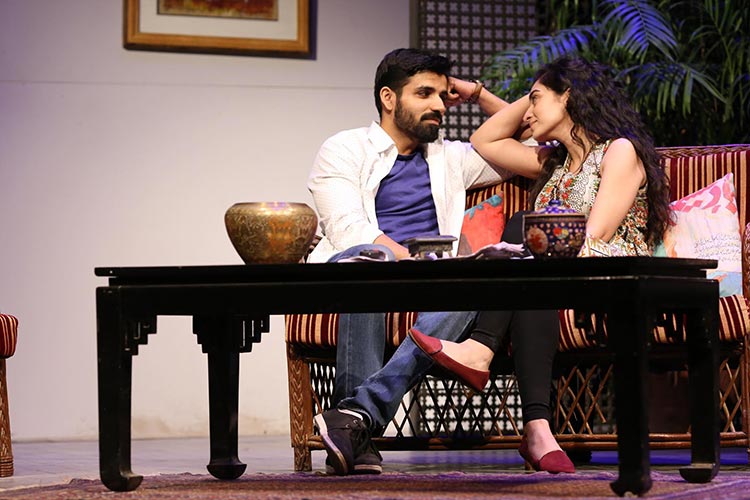
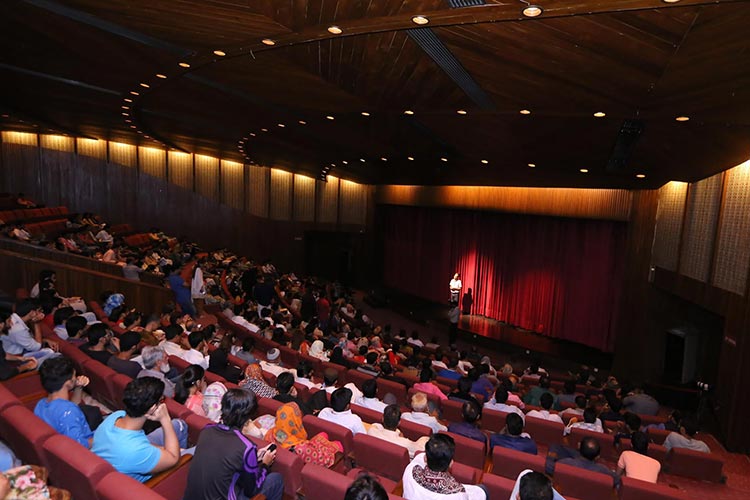
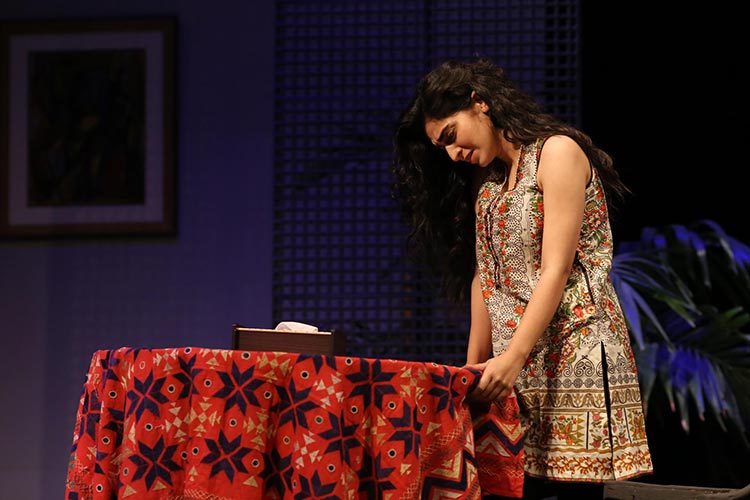
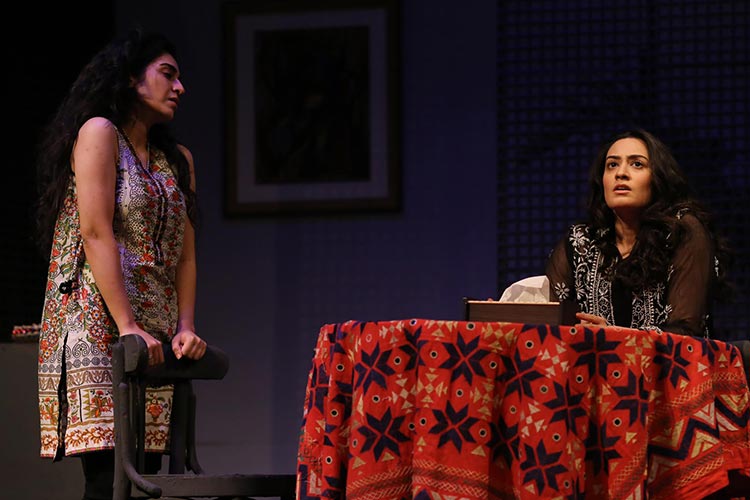
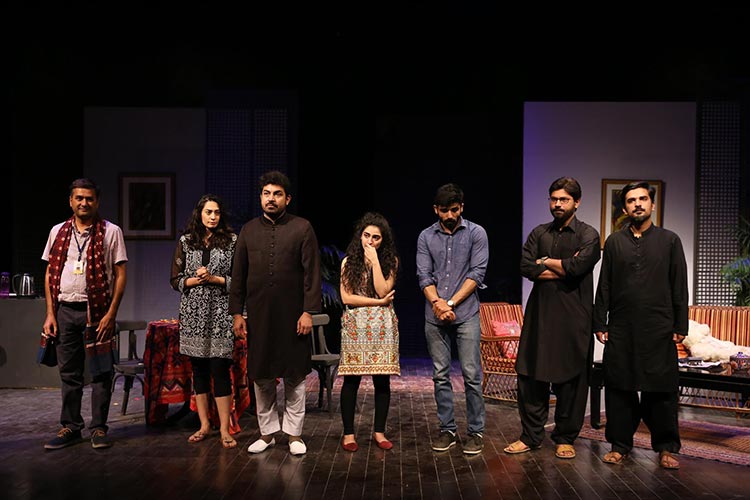






0 comments: